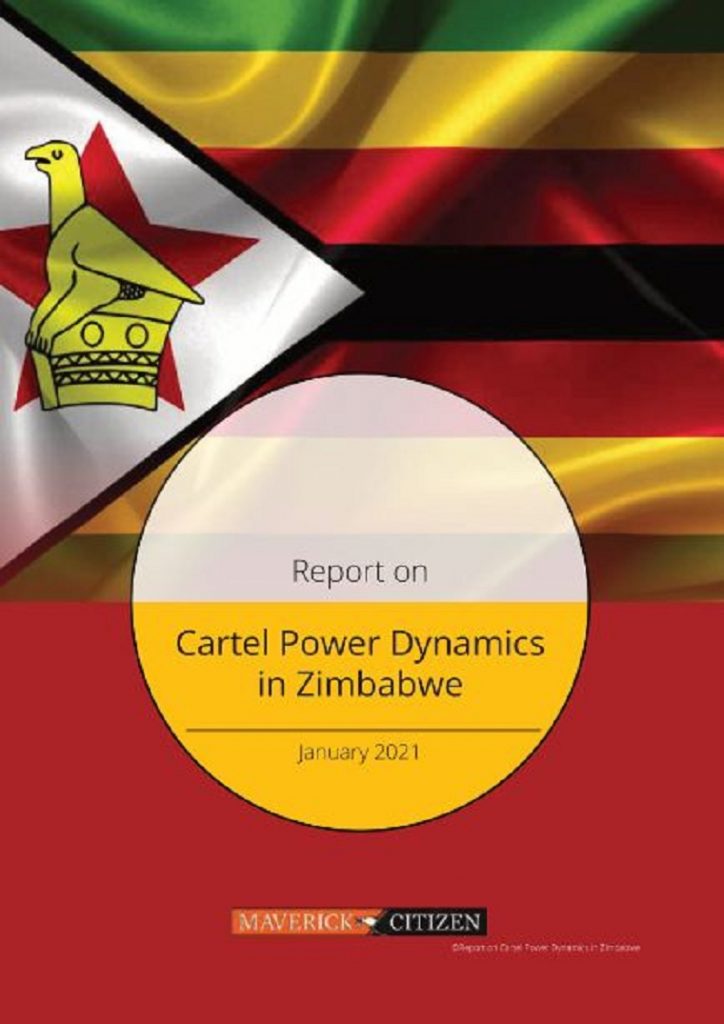According to the Society for Professional Journalists, “anonymous sources are sometimes the only key to unlocking that big story, throwing back the curtain on corruption, fulfilling the journalistic missions of watchdog on the government and informant to the citizens”.
This might be the argument that Maverick Citizen banked on, hoping that the report “can inform anti-corruption agencies, governments and human rights activists worldwide on this urgent subject of concern”.
But the SPJ also notes: “But sometimes, anonymous sources are the road to the ethical swamp.”
“The most important professional possession of journalists is credibility. If the news consumers don’t have faith that the stories they are reading or watching are accurate and fair, if they suspect information attributed to an anonymous source has been made up, then the journalists are as useful as a parka at the equator,” it says.
It is also very critical when assessing human sources to establish their motivation for speaking to you. In Zimbabwe civil society and even academics, according to Blessing Miles Tandi, will give you information that you want in the slant that you want.
While the report did not name its authors and the people interviewed ostensibly to protect them from the repressive State, naming them can also act as protection because the public will ask questions if anything happens to them after publication.
South African investigative journalist, Sam Sole had something very interesting to say about this, in the Forum for African Investigative Reporters’ investigative journalism manuals.
“My worst experience as a journalist was to have a source assassinated, because the source had a lot more information than he provided for me, but he wanted to test the waters. He did not want his identity revealed, but of course all the people he was involved with did not have much difficulty to work out who he was and he got wiped out. So, maybe as a source it’s better that you don’t feed things in dribs and drabs, so that there’s no reason to kill you, or you take the risk rather of using your name so that any action that is taken against you subsequently is very clearly in response to your whistle-blowing action. That’s the other side of source protection”.
From the little I know about Zimbabwe intelligence, I bet they already know the authors and the sources of the Maverick report.
Here is the full Cartel report:
Cartel power dynamics in Zimbabwe
(186 VIEWS)



Pingback: Why are the Western and South African media so obsessed with Tagwirei? Is he just a decoy? | The Insider